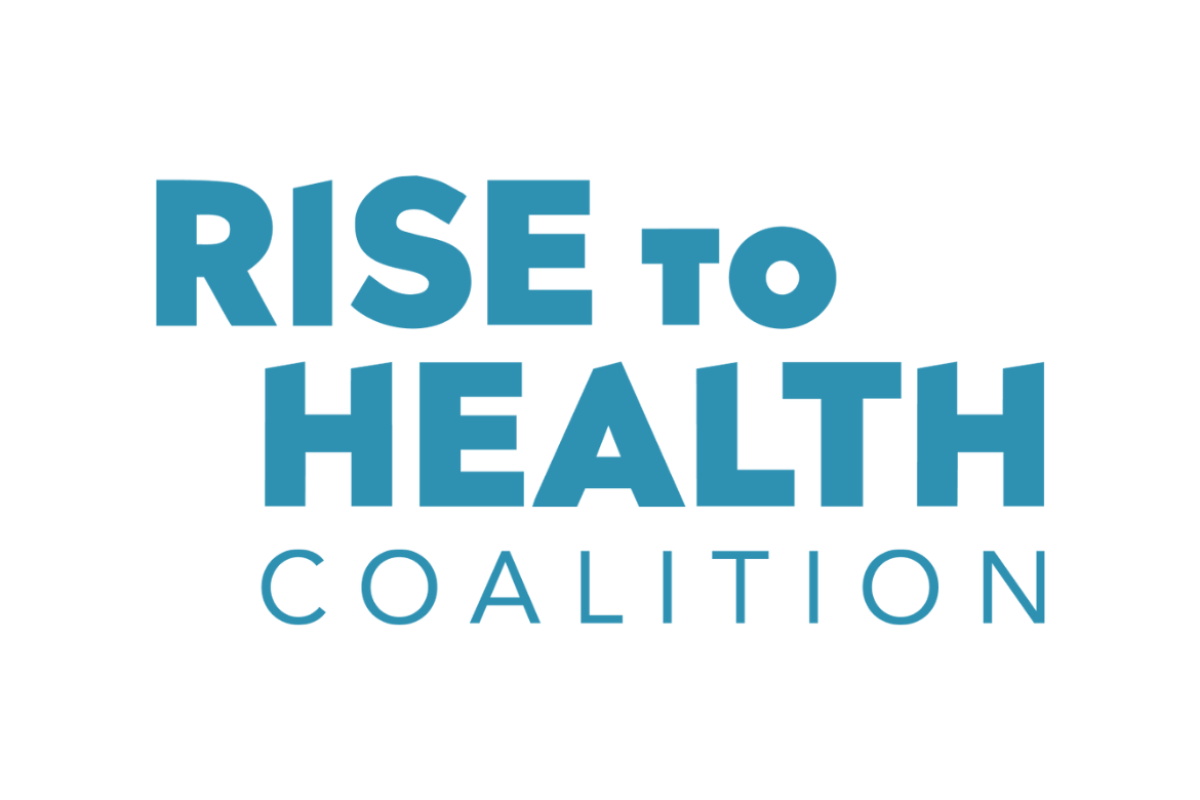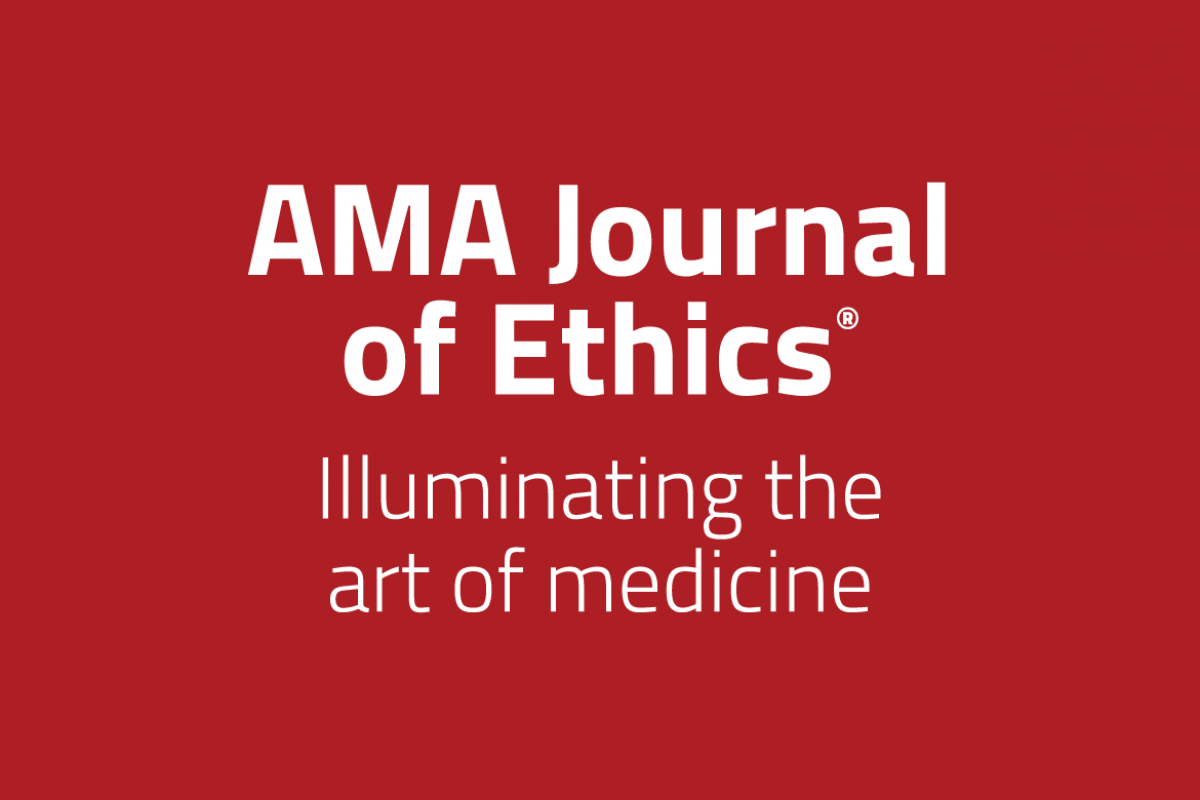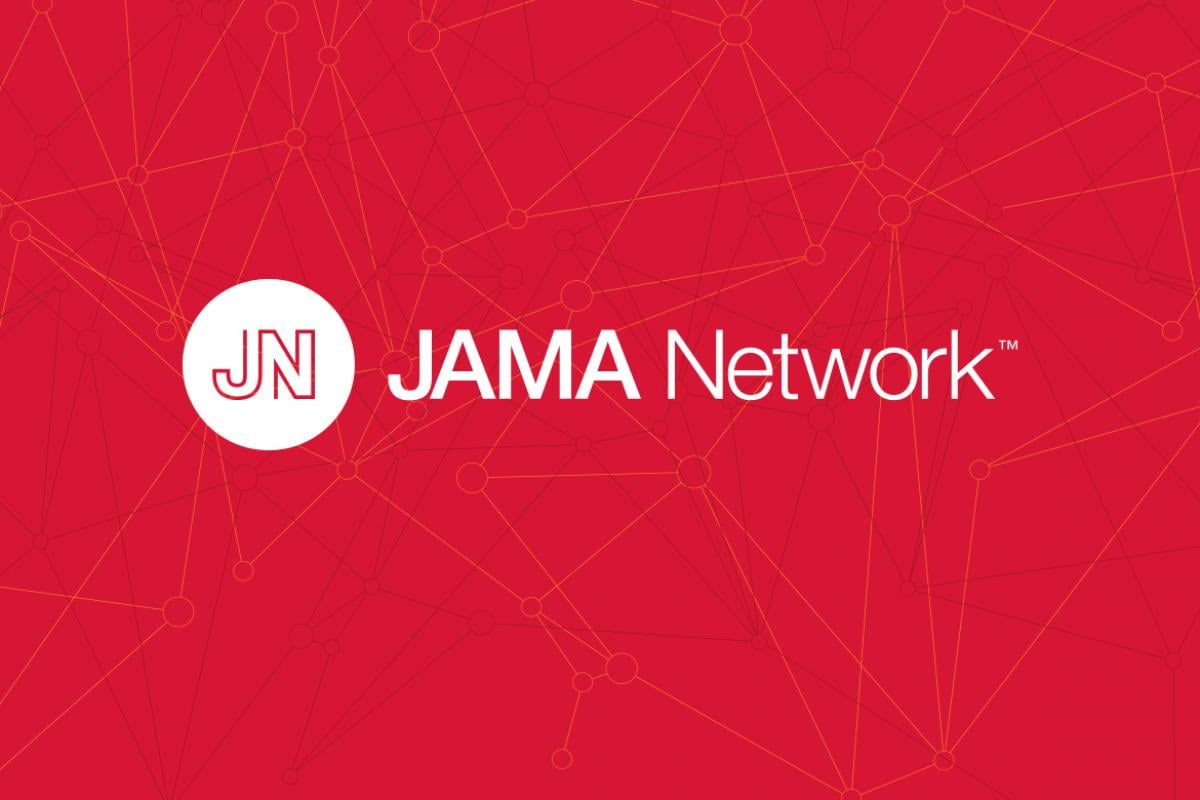The AMA Center for Optimal Health Outcomes focuses externally on four interconnected pillars, demonstrating relevance, impact, and thought leadership: Empowering Physicians and Health Systems to Address Social Drivers and Determinants of Health (SDOH), Transforming Medical Education, Fostering Collaborative Action and Health System and Community-Centered Solutions, and Advancing Data-Driven Approaches and Research.
About
AMA Center for Optimal Health Outcomes
The AMA Center for Optimal Health Outcomes focuses externally on four interconnected pillars, demonstrating relevance, impact, and thought leadership: Empowering Physicians and Health Systems to Address Social Drivers and Determinants of Health (SDOH), Transforming Medical Education, Fostering Colla ...Read More
The AMA Center for Optimal Health Outcomes focuses externally on four interconnected pillars, demonstrating relevance, impact, and thought leadership: Empowering Physicians and Health Systems to Address Social Drivers and Determinants of Health (SDOH), Transforming Medical Education, Fostering Colla
Empowering Physicians & Health Systems
Transforming Medical Education
Fostering Community-Centered Solutions
Advancing Data-Driven Approaches & Research
Membership Moves Medicine™
Stay connected
Sign up to be among the first to find out about the latest AMA initiatives to advance health equity in patient care and the profession.
Achieving optimal health for all
The AMA is confronting inequity at the system and community level to bring health equity to marginalized and minoritized communities in the U.S.














